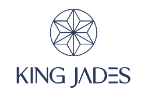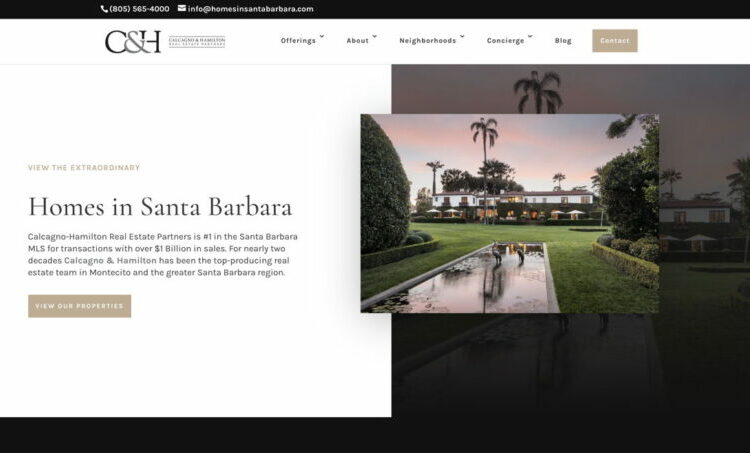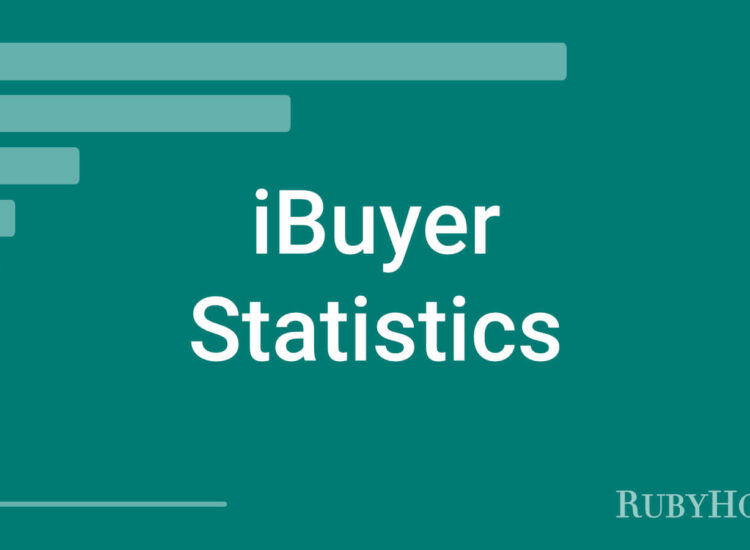Managing multiple rental properties can be a logistical nightmare for landlords, with tasks like tenant screening, rent collection, and maintenance requests often feeling overwhelming. While traditional methods might suffice for a single property, scaling up requires more efficient solutions. The rise of real estate management software has provided landlords with a powerful tool to streamline their operations and minimize the headaches associated with managing multiple properties. Finding the best real estate management software can be a game-changer for landlords seeking to simplify their workload and maximize their returns.
Toc
- 1. Why Landlords Need Real Estate Management Software
- 2. Key Features to Look for in Real Estate Management Software
- 3. Top Real Estate Management Software: Find the Best Real Estate Management Software Options for Landlords
- 4. Bài viết liên quan:
- 5. Tips for Choosing the Right Real Estate Management Software
- 6. Integrating Real Estate Management Software with Other Tools
- 7. FAQ
- 8. Conclusion
Why Landlords Need Real Estate Management Software
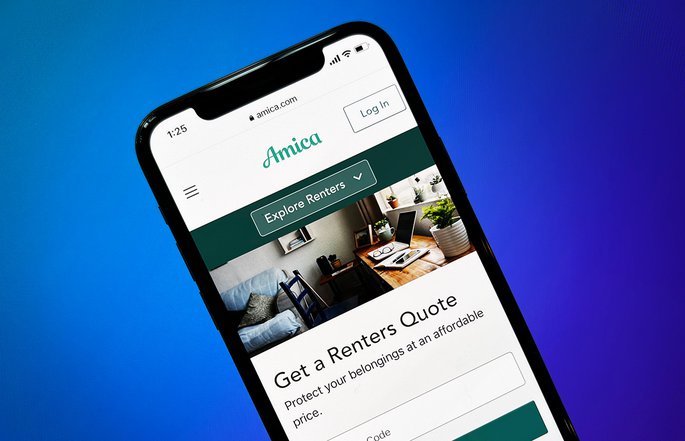
While some landlords may prefer traditional methods of managing their properties, real estate management software offers a range of benefits that can transform the way landlords manage their rental properties. One of the key advantages is the ability to streamline operations. For instance, automated rent collection eliminates the need for manual invoicing, late fee calculations, and chasing tenants for payments, saving landlords valuable time and reducing the risk of missed payments. Similarly, tenant screening features can expedite the process of verifying applicants’ credit history, criminal background, and rental history, allowing landlords to make quicker and more informed decisions about who to lease to.
Additionally, the detailed financial insights and reporting capabilities provided by many software options allow landlords to make more informed decisions and maintain a tight grip on their property’s financial health. For example, software can track income and expenses, generate detailed financial statements, and provide insights into property performance, helping landlords identify areas for improvement and optimize their investment strategies.
Key Features to Look for in Real Estate Management Software
When searching for the best real estate management software for your needs, it’s essential to prioritize the features that will have the most significant impact on your business. Here are some of the key functionalities to consider, along with the growing impact of AI and machine learning in the field:
Tenant Screening
Effective tenant screening is crucial for landlords to avoid potential problems down the line. Look for software that offers comprehensive tenant screening capabilities, including credit checks, criminal background verifications, and eviction history reviews. This can help you make more informed decisions when selecting tenants, ultimately reducing the risk of non-payment or property damage. For example, software can integrate with third-party screening services like TransUnion SmartMove or Experian RentBureau, providing detailed reports on applicants’ financial history, criminal records, and eviction history.
Rent Collection
Streamlining the rent collection process is a top priority for many landlords. Real estate management software often includes online rent payment options, automated late fee management, and detailed payment histories. These tools can help you maintain a steady cash flow, reduce the time spent on manual invoicing, and minimize missed or delayed payments. Some solutions also leverage machine learning algorithms to predict and prevent late payments, further enhancing the efficiency of the rent collection process.
Maintenance Management
Efficiently managing property maintenance is essential for maintaining the condition of your rental units and keeping tenants satisfied. Look for software that provides an online work order system, allowing tenants to easily submit requests, and enabling you to track, assign, and complete tasks in a timely manner. The best solutions will also offer features like maintenance scheduling and vendor management. However, it’s important to note that some landlords may prefer to manage maintenance requests directly through phone calls or emails, as they may find online systems less personal or less responsive.
Communication Tools
Effective communication is key to building strong relationships with your tenants. Real estate management software often includes a tenant portal, where residents can access important information, submit requests, and engage with property management. Additionally, many solutions offer automated messaging capabilities for sending updates, reminders, and announcements. Some platforms even leverage AI-powered chatbots to provide 24/7 tenant support, further enhancing the communication experience.
Accounting and Reporting
Robust accounting and reporting features are crucial for landlords to track their financial performance, maintain accurate records, and generate detailed reports for tax and analytical purposes. Look for software that integrates with your existing accounting systems or offers comprehensive tools for managing income, expenses, and financial statements. The integration of machine learning algorithms can also help identify potential tax deductions and optimize financial management.
Marketing and Leasing
In today’s competitive rental market, having the right tools to market your properties and manage the leasing process can give you a significant advantage. Real estate management software often includes features like property listing management, lead tracking, and automated marketing campaigns to help you find qualified tenants more efficiently. Some solutions even utilize AI-powered algorithms to optimize property listings and target the most relevant prospective tenants.
Integration with Smart Home Technology
The increasing integration of real estate management software with smart home technology is also a notable trend, allowing landlords to remotely monitor and control aspects of their properties, such as temperature, lighting, and security systems. This can enhance the overall tenant experience, streamline property management, and provide valuable data for informed decision-making.
Top Real Estate Management Software: Find the Best Real Estate Management Software Options for Landlords
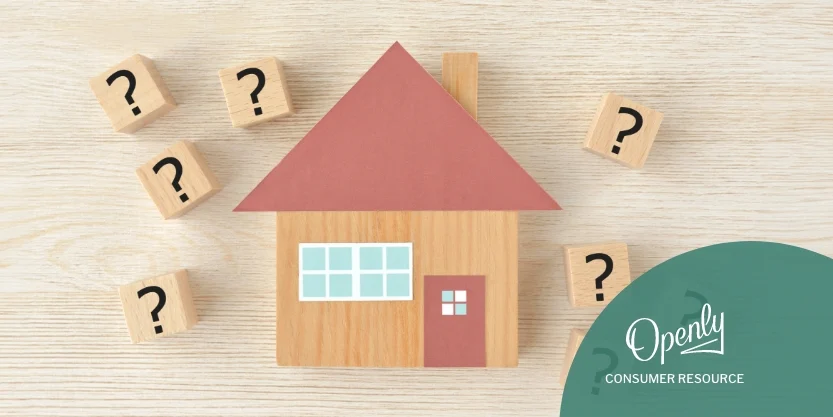
For Independent Landlords:
Avail
Avail is a free, user-friendly property management platform designed specifically for independent landlords. Its key features include online rent collection, tenant screening, maintenance request tracking, and property listing management. Avail is an excellent choice for landlords with smaller portfolios who are looking for a cost-effective and easy-to-use solution.
For Growing Portfolios:
RentRedi
RentRedi is a comprehensive real estate management software that offers a robust suite of tools for landlords. Its standout features include automated rent collection, detailed tenant screening, property marketing capabilities, and seamless integration with popular accounting software like QuickBooks. RentRedi is a great option for landlords who manage a growing number of rental units.
Rentec Direct
Rentec Direct is a cloud-based property management solution that caters to landlords and property managers of all sizes. Its impressive features include advanced accounting functions, detailed financial reporting, and customizable tenant portals. Rentec Direct is an excellent choice for landlords who require a more extensive set of features to manage their portfolio effectively.
For Professional Property Managers:
Buildium
Bài viết liên quan:
Buildium is a popular choice for landlords with larger portfolios, offering a comprehensive suite of features including property management, accounting, and marketing tools. With its advanced tenant screening, maintenance management, and financial reporting capabilities, Buildium is a robust solution for landlords looking to scale their rental business.
AppFolio
AppFolio is a robust platform designed for professional property managers, offering advanced features like tenant screening, rent collection, maintenance management, and marketing automation. While it may be overkill for smaller landlords, AppFolio’s comprehensive set of tools and its focus on efficiency make it an attractive option for those managing a large number of rental properties.
When evaluating these and other real estate management software options, be sure to consider factors such as pricing, ease of use, customer support, and the specific needs of your rental business. Conducting thorough research, reading user reviews, and taking advantage of free trials can also help you make an informed decision.
Tips for Choosing the Right Real Estate Management Software

Navigating the world of real estate management software can feel overwhelming, but with a strategic approach, you can find the perfect solution to empower your business. Here are some key tips to guide your decision-making process:
- Define Your Specific Needs: Start by identifying the key pain points and challenges you face in your rental property management. This will help you prioritize the features that are most important to your business.
- Research and Compare Options: Explore different real estate management software solutions, comparing their features, pricing, and user reviews. This will give you a better understanding of the available options and help you identify the one that best fits your requirements.
- Consider Your Budget and Portfolio Size: Determine your budget and the size of your rental property portfolio, as these factors will influence the type of software that is most suitable for your needs.
- Evaluate Ease of Use and Customer Support: Look for software that is user-friendly and intuitive, with comprehensive customer support resources to help you navigate any issues that may arise.
- Prioritize Security Features: Ensure that the real estate management software you choose offers robust security measures to protect your tenant data and financial information.
- Take Advantage of Free Trials: Many software providers offer free trials or demos, allowing you to test the software’s functionality and see if it aligns with your requirements.
- Seek Referrals and Read User Reviews: Reach out to other landlords or property managers for their recommendations and read online reviews to gain a better understanding of the software’s performance and customer satisfaction.
By following these tips and carefully considering your specific needs, you can find the best real estate management software to streamline your operations, improve tenant relationships, and drive the growth of your rental business.
Integrating Real Estate Management Software with Other Tools
By leveraging these integrations, landlords can enjoy the benefits of a more cohesive and data-driven approach to managing their rental properties, ultimately leading to improved efficiency, better tenant experiences, and stronger financial performance. The increasing integration of real estate management software with smart home technology is also a notable trend, allowing landlords to remotely monitor and control aspects of their properties, such as temperature, lighting, and security systems.
Some common integrations to consider include:
- Accounting Software: Integrating your real estate management software with accounting platforms like QuickBooks or Xero can help you streamline financial operations, automate invoicing and payments, and generate comprehensive financial reports.
- Marketing Automation Platforms: Connecting your real estate management software with marketing tools like Mailchimp or Constant Contact can enable you to automate email campaigns, track lead generation, and improve tenant communication.
- Maintenance Scheduling Software: Integrating your property management system with maintenance scheduling solutions, such as Fieldwire or Housecall Pro, can help you better coordinate and track work orders, ensuring timely and efficient property upkeep.
“The future of real estate management is all about seamless integration and data-driven decision-making,” says [Expert Name], CEO of [Company Name], a leading provider of property management technology.
FAQ
Q: How much does real estate management software typically cost?
A: The cost of real estate management software can vary widely, depending on the features, the number of units you manage, and the type of subscription plan. For example, Avail offers a free plan for landlords managing up to five units, while RentRedi charges a monthly fee per unit, starting at $9 per month for the basic plan. Some solutions, like Buildium, offer flat monthly fees for broader access, with pricing tiers based on the number of units managed.
Q: Is there any free real estate management software available?
A: Yes, there are some free real estate management software options available, such as Avail and Innago. While these free solutions may have limited functionality, they can be a great starting point for landlords with smaller portfolios or those looking to try out the software before committing to a paid plan.
Q: Can real estate management software help me save money?
A: Absolutely. By automating various tasks, improving operational efficiency, and providing valuable financial insights, real estate management software can help landlords save time and reduce expenses. Features like automated rent collection, maintenance request tracking, and detailed reporting can all contribute to cost savings and increased profitability. According to a study by the National Apartment Association, landlords who use property management software report an average of 15% reduction in time spent on administrative tasks, leading to increased efficiency and potential cost savings.
Q: How do I know if I’m choosing the right real estate management software?
A: When evaluating these and other real estate management software options, be sure to consider factors such as pricing, ease of use, customer support, and the specific needs of your rental business. Conducting thorough research, reading user reviews, and taking advantage of free trials can also help you make an informed decision.
Conclusion
By carefully considering your needs, exploring the diverse landscape of available options, and utilizing the tips provided, you can find the ideal solution to transform your property management endeavors, freeing up your time and maximizing your rental income. The integration of real estate management software with smart home technology and the growing use of AI and machine learning in the field are also trends to keep an eye on, as they can further enhance the efficiency and decision-making capabilities of landlords.
Remember, the key to success lies in prioritizing the features that will have the most significant impact on your business, whether that’s streamlining rent collection, enhancing maintenance management, or improving communication with your tenants. With the right real estate management software in your toolkit, you can unlock a new level of efficiency and profitability in your rental property management endeavors.
